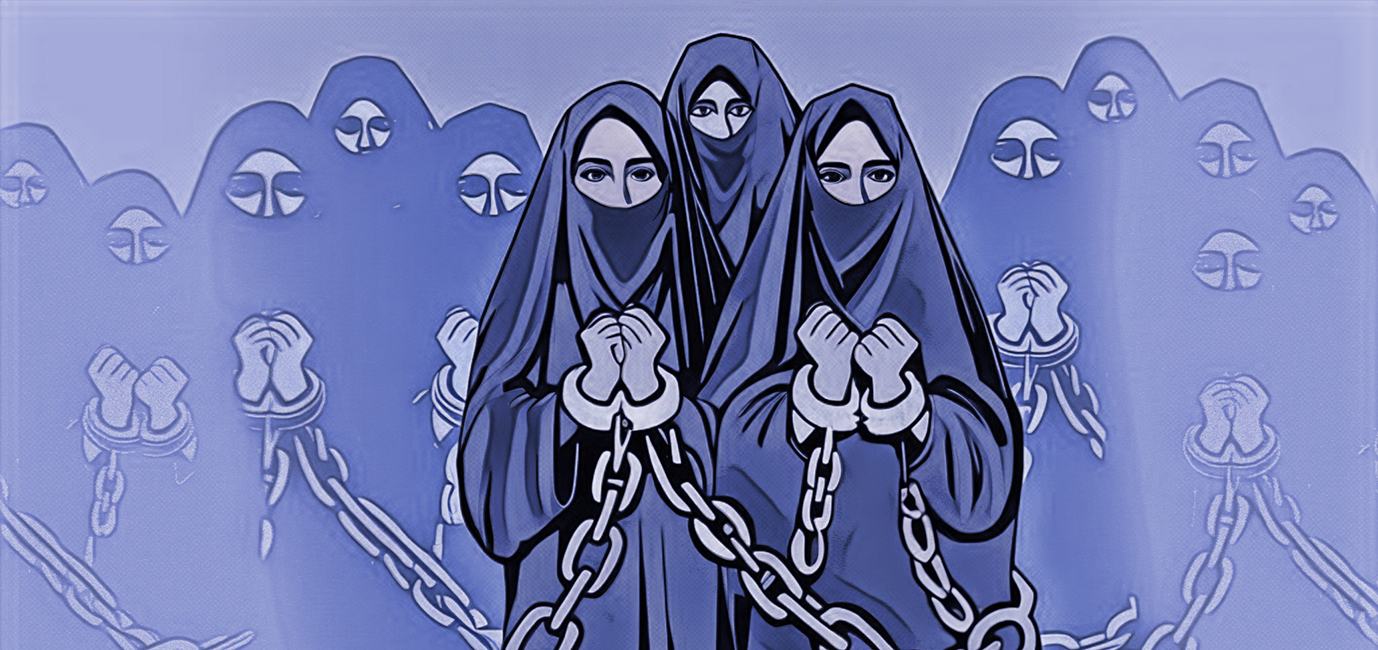On August 21, the Taliban issued its new legislation in Afghanistan outlining various acts that are deemed either forbidden or mandatory. The new law, titled “The Law on the Promotion of Virtue and the Prevention of Vice,” outlines restrictions on individuals’ appearance, behaviour, recreation, and the press in the country.
Some of the newly enacted restrictions include bans on the taking and publishing of pictures of animate objects and the act of men shaving their beards. Also, the law requires that media outlets, according to a report published by the Islamic Emirate of Afghanistan Ministry of Justice, must “publish reports that do not contradict Islamic law and religion.”
The restrictions include over 70 decrees concerning the exclusion of women from public life, which according to a diplomat representing Afghanistan’s previous government, amounts to a “gender apartheid regime.”
Such laws state that women’s voices, whether speaking or singing, “should be concealed” and that it is “obligatory for Muslim and righteous women to cover themselves in front of non-believing or loose women.” It is also forbidden for men to look at a woman’s body or face and forbidden for women to look at “strange men,” according to the report.
Enforcement of the new restrictions falls under the purview of the Ministry for the Propagation of Virtue and Prevention of Vice. Punishments for violating the restrictions range from admonishment to “any punishment that an enforcer considers appropriate, and which is not the exclusive prerogative of a court of law.”
The United Nations Security Council (UNSC) convened on September 18 to discuss the new law.
In her briefing to the council, United Nations (UN) Special Representative of the Secretary-General for Afghanistan Roza Otunbayeva acknowledged that the Taliban have brought about unprecedented stability to Afghanistan but also accused them of providing the country with “policies that focus insufficiently on the real needs of its people.”
Otunbayeva also criticized how the new law “was drafted among a small group of religious scholars and with no consultation with the population that it regulates.”
The council’s US delegate contended that the repressive policies in Afghanistan are “increasingly raising questions about the merits of engaging the Taliban” and that the international community must “hold the line on any actions that legitimize the Taliban as a government.”
Guyana, Algeria, Mozambique, Sierra Leone, and France commended the Taliban’s presence at a UN meeting in Doha, Qatar and supported the fostering of stability through the group’s continued engagement with the international community.
France’s representative emphasized the need for keeping conversation with the Taliban “rooted in a unified strategy which benefits all of the Afghan population, regardless of gender or ethnicity.”
However, the UNSC was not unanimous in its response to the morality law.
China’s delegate took the opportunity to criticize the West’s “illegal unilateral sanctions,” according to the country’s diplomat, pointing to the reported 24 million Afghans needing humanitarian aid.
The delegate for Russia criticized Western countries’ approach of unequivocal condemnation of the Taliban, calling it a “road to nowhere.” He instead lauded the Taliban for stabilizing the country and poising it for future development and pointed to the potential hindering of progress caused by Western players.
Taliban government deputy spokesman Hamdullah Fitrat defended the morality law in an interview with the BBC last month, stating that “the restrictions in the law are a code for ideal conduct, but if there is a necessity to do certain things, even what’s not permitted in Islam, [it] can be permitted if it’s driven out of necessity.”
Speaking on the law to Al Jazeera, Afghan-American Mariam Solaimankhil, a member of the exiled Parliament of Afghanistan, asserted: “This isn’t a reflection of Afghan culture; this isn’t our identity.”


